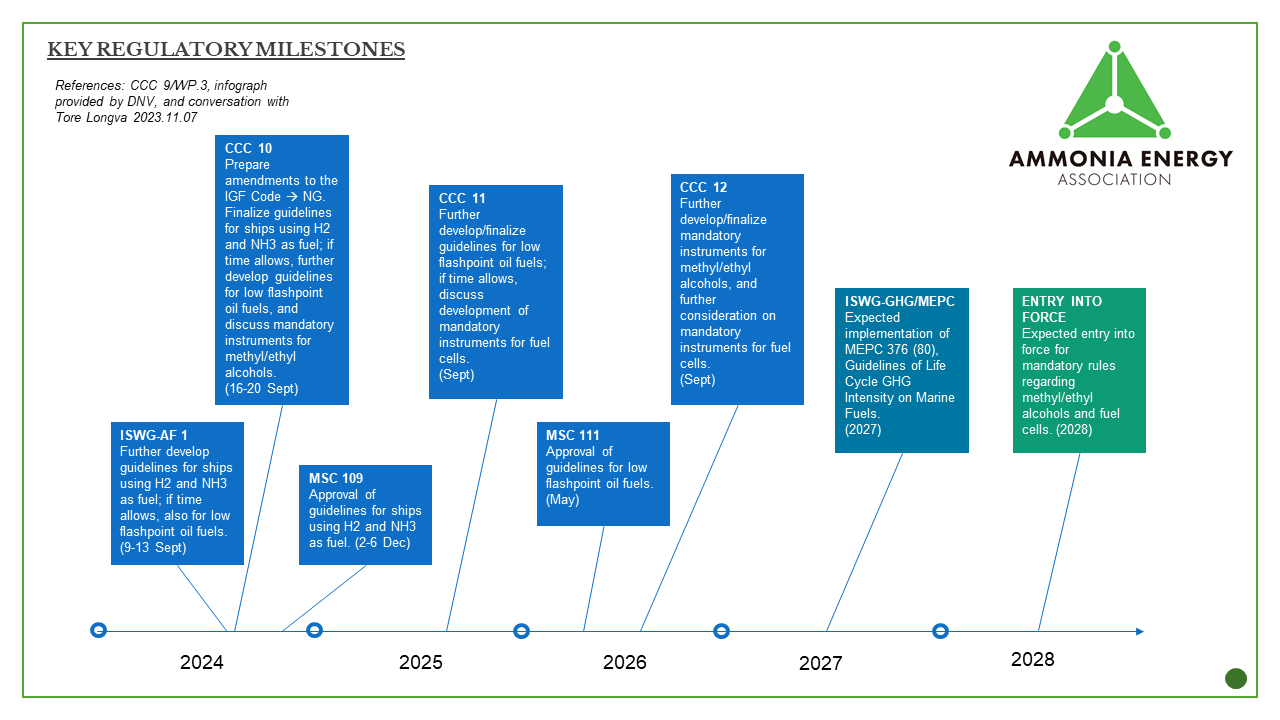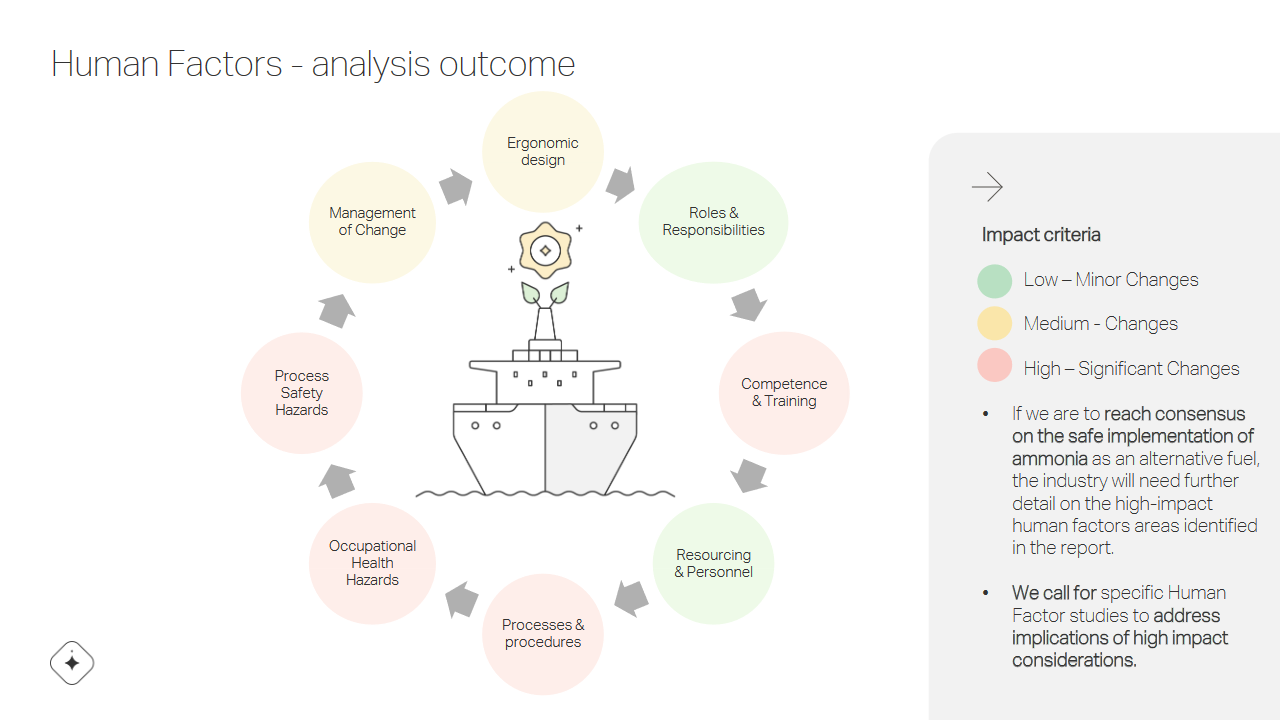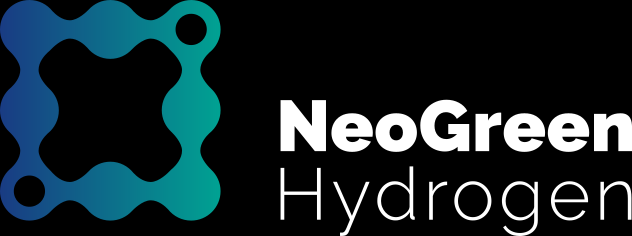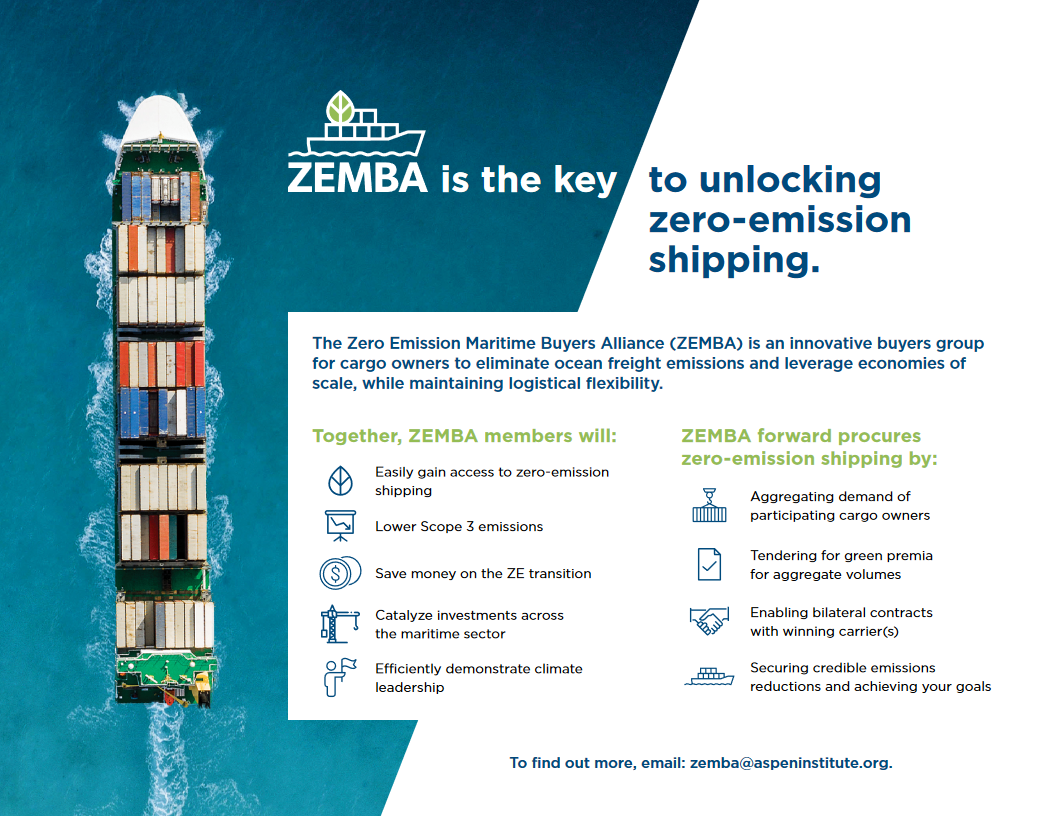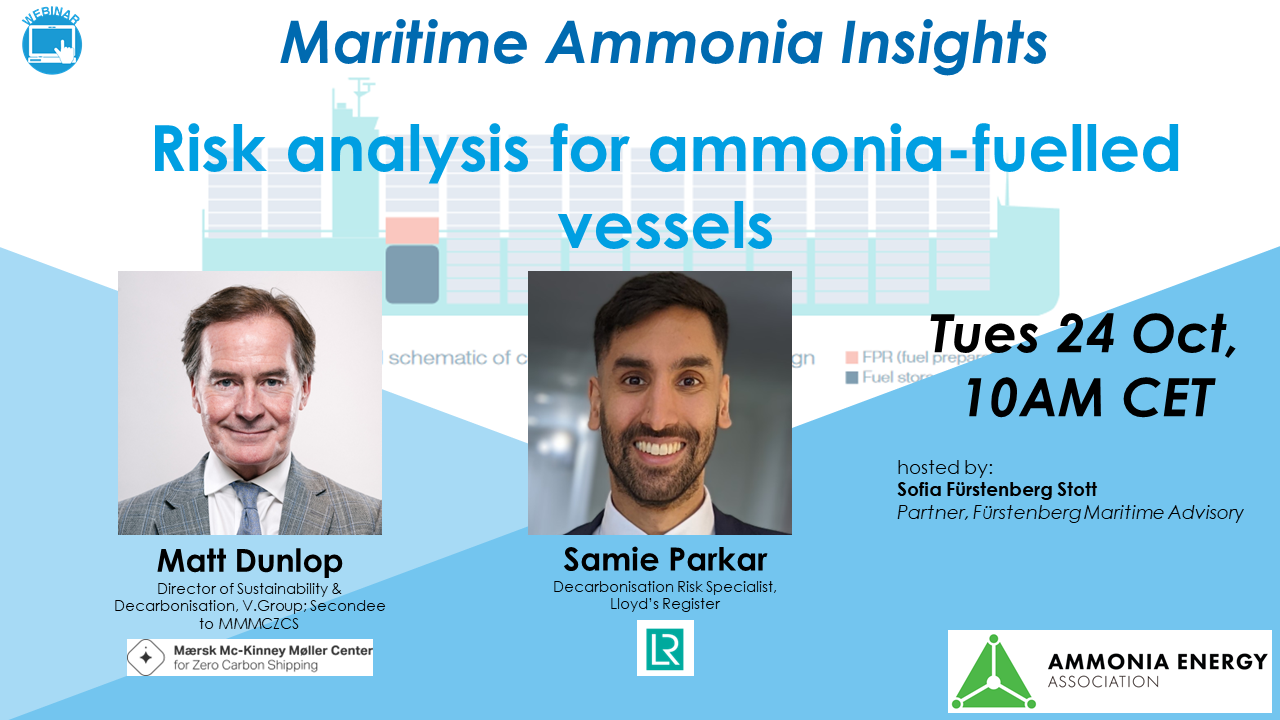Global
IMO progresses on guidelines for ammonia fuel
The IMO reports that significant progress has been made on the development of draft interim guidelines for the safety of ships using ammonia as fuel. Approval of the final guidelines is scheduled for December 2024, with a series of key regulatory updates due in the coming years.
We do it safely, or not at all: the marine ammonia fuel journey
In our latest episode of Maritime Ammonia Insights, Matt Dunlop (MMMZCS) and Samie Parkar (Lloyd’s Register’s) stepped us through key outcomes of a new, comprehensive safety study for ammonia-fuelled shipping. Combining Quantitative Risk Analysis with Human Factors analysis, a series of risk mitigation & worker training recommendations provides a path forward for the safe operations of ammonia-fuelled vessels.
Bunker Holding & NeoGreen: bringing marine ammonia fuel to market
The pair will collaborate on operations, distribution logistics & marketing of ammonia fuel from NeoGreen’s under-development project portfolio. This includes planned production projects in Paraguay, Namibia and Egypt (next to the Suez Canal).
Maritime buyers alliance launches tender for zero-emissions shipping
The Zero Emission Maritime Buyers Alliance has launched a tender process for container shipping powered by zero-emissions fuels. The twenty-member Alliance includes major global consumer brands, and is seeking bids to meet an aggregate demand of 600,000-plus TEUs over 3 years, with a book-and-claim approach to be used for fuel certification. The demand-side initiative comes as a new report from UMAS and the Getting to Zero Coalition finds the window of opportunity for the global shipping industry to meet its 2030 goals is closing.
Risk analysis for ammonia-fueled vessels
Hear from the authors of a new joint study into ammonia safety onboard ships. The study is the most comprehensive to-date on the effectiveness of risk mitigation measures applied to ammonia-fueled vessels, pairing Quantitative Risk Assessment with an analysis of human factors.
Investments in mega-project deployment & US-based electrolyser manufacturing
GIC & Hy24 will invest $115 million to accelerate the deployment of InterContinental Energy’s portfolio of ammonia mega-projects. In the USA, Electric Hydrogen has closed a $380 million Series C funding round, accelerating plans to build a gigafactory in Massachusetts and deliver its first PEM electrolysers in 2024.


